
News





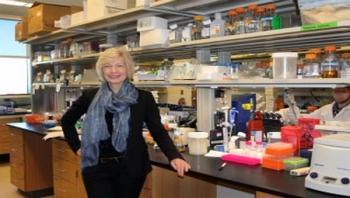
The National Institutes of Health have awarded scientists at Texas Biomedical Research Institute and collaborators at the Food and Drug Administration, UCLA and the University of Pennsylvania a $5 million grant over the next four years to study a combination of antiviral drugs and investigative AIDS vaccines aimed at treating infants and children affected by HIV. Dr. Ruth Ruprecht, a scientist and director of the Texas Biomed AIDS Research Program, is leading this study.







The development of a reusable microfluidic device for sorting and manipulating cells and other micro/nano meter scale objects will make biomedical diagnosis of diseases, such as HIV and tuberculosis,cheaper and more convenient in regions where medical facilities are sparse or cost is prohibitive. Researchers at Penn State have recently filed a patent to develop such a device.
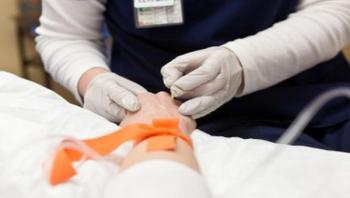
When associate professor of pharmacy practice Tadd Hellwig of South Dakota State University and three pharmacy colleagues at the Sanford USD Medical Center noticed that some hospital patients given two common antibiotics developed kidney failure, they decided to take a closer look. What they discovered led to closer monitoring of patients receiving vancomycin and piperacillin-tazobactam due to an increased risk of kidney damage.
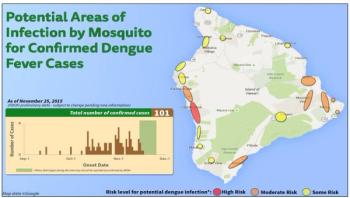

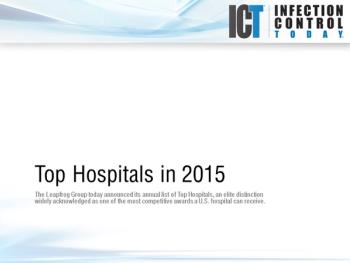
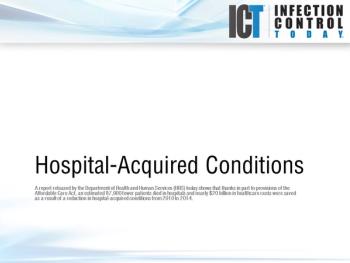








A group of researchers from the University of Helsinki and the University of Edinburgh is the first to find the genetic material of a human virus from old human bones. Published in the journal Scientific Reports, the study analyzed the skeletal remains of Second World War casualties from the battlefields of Karelia


